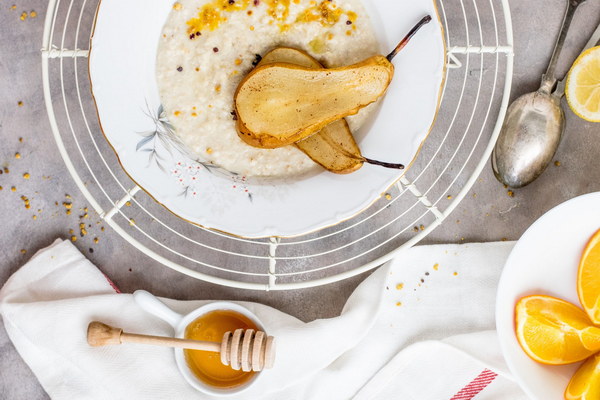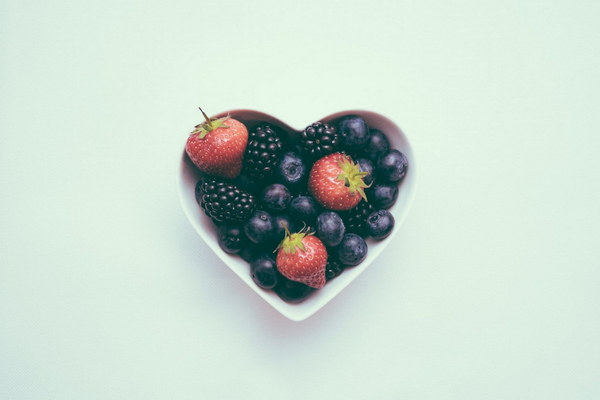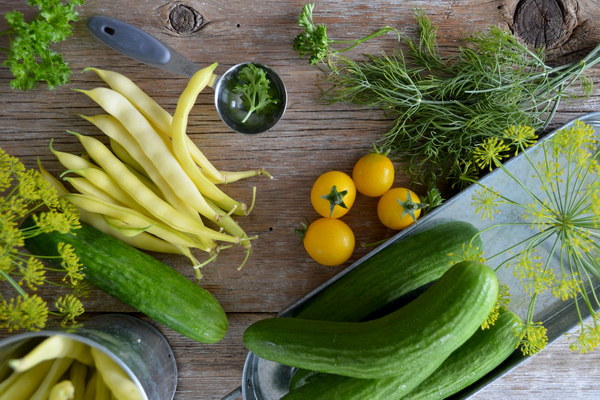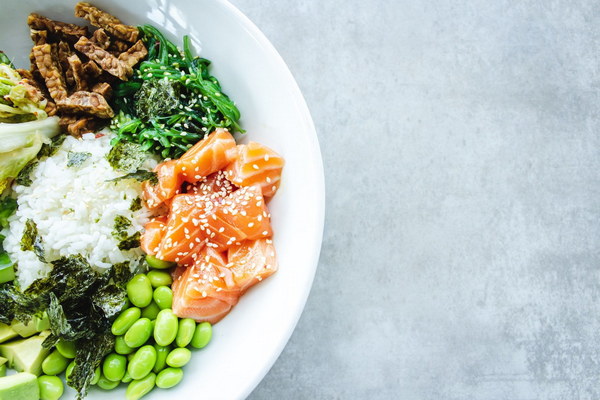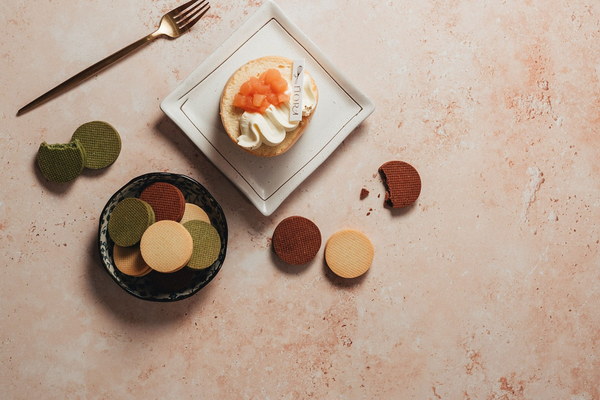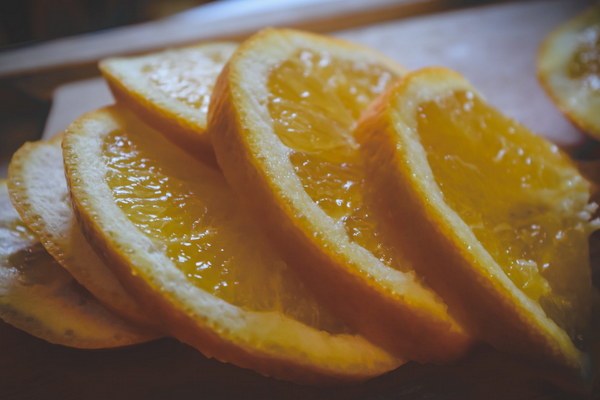Revolutionizing Health Unveiling Li Shizhen's Timeless Herb-Based Remedies for Dampness Relief
In the realm of traditional Chinese medicine, the name Li Shizhen stands as a beacon of wisdom and healing. A renowned physician and herbalist during the Ming Dynasty, Li Shizhen's profound knowledge of medicinal plants has left an indelible mark on the world of health and wellness. His magnum opus, Compendium of Materia Medica, serves as a treasure trove of herbal remedies, with one of his most celebrated contributions being the use of herbs to alleviate dampness in the body. This article delves into the fascinating world of Li Shizhen's dampness-relieving remedies, exploring their origins, benefits, and practical applications.
The concept of dampness, as understood in traditional Chinese medicine, refers to an imbalance in the body's fluid levels, which can lead to a variety of health issues. Dampness can manifest in the form of fatigue, weight gain, joint pain, and digestive problems, among others. Li Shizhen's dampness-relieving remedies aim to restore balance to the body by expelling excess dampness and strengthening the immune system.
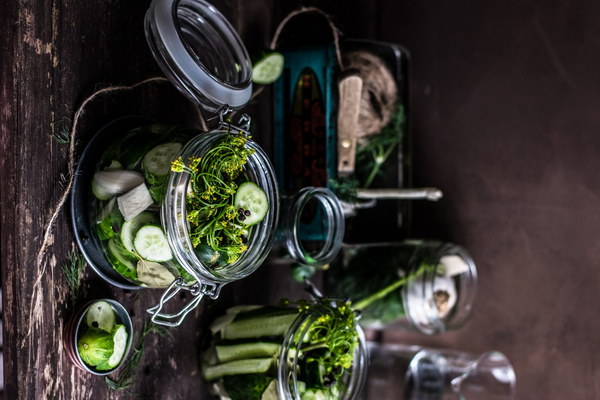
One of the most well-known dampness-relieving herbs recommended by Li Shizhen is Atractylodes macrocephala, also known as Cang Zhu. This root has a long history of use in Chinese medicine, with its primary function being to drain dampness and strengthen the spleen. Atractylodes macrocephala is often combined with other herbs, such as Poria cocos (Fu Ling) and Alisma orientale (Ze Xie), to enhance its effectiveness.
Another notable herb in Li Shizhen's arsenal is Phyllanthus urinaria, commonly referred to as She Chuang Zi. This herb has a diuretic effect, helping to eliminate excess dampness through urine. It is often used in conjunction with other herbs, such as Curcuma longa (Turmeric) and Scutellaria baicalensis (Huang Qin), to address damp-heat conditions, which can cause symptoms like jaundice and skin rashes.
In addition to these specific herbs, Li Shizhen's dampness-relieving remedies often include a combination of other ingredients, such as:
- Angelica sinensis (Dang Gui): Known for its blood-moving properties, this herb can help to alleviate symptoms of dampness by promoting healthy circulation.
- Paeonia lactiflora (Bai Shao): This herb is often used to nourish the liver and blood, which can help to address dampness-related issues such as joint pain and fatigue.
- Astragalus membranaceus (Huang Qi): A well-known immune-boosting herb, Astragalus can help to strengthen the body's resistance to dampness and other pathogens.
To create a dampness-relieving formula, one would typically combine these herbs in specific proportions, depending on the individual's unique condition. For instance, a formula designed for someone suffering from dampness-related fatigue might include Atractylodes macrocephala, Poria cocos, and Angelica sinensis, while a formula for damp-heat-related skin issues might incorporate She Chuang Zi, Curcuma longa, and Scutellaria baicalensis.
In modern times, these traditional remedies have been studied and validated by modern scientific research. Studies have shown that many of the herbs used in Li Shizhen's dampness-relieving formulas possess anti-inflammatory, antioxidant, and immune-boosting properties, making them valuable tools in the fight against a wide range of health issues.
It is important to note that while these remedies can be highly effective, they should be used under the guidance of a qualified healthcare professional. Traditional Chinese medicine is a complex system that takes into account the individual's unique constitution, lifestyle, and environment, making personalized treatment plans essential.
In conclusion, Li Shizhen's dampness-relieving remedies offer a timeless solution for those seeking to restore balance and health to their bodies. By harnessing the power of nature's pharmacy, we can tap into the wisdom of the past and experience the benefits of traditional Chinese medicine in the modern world.
